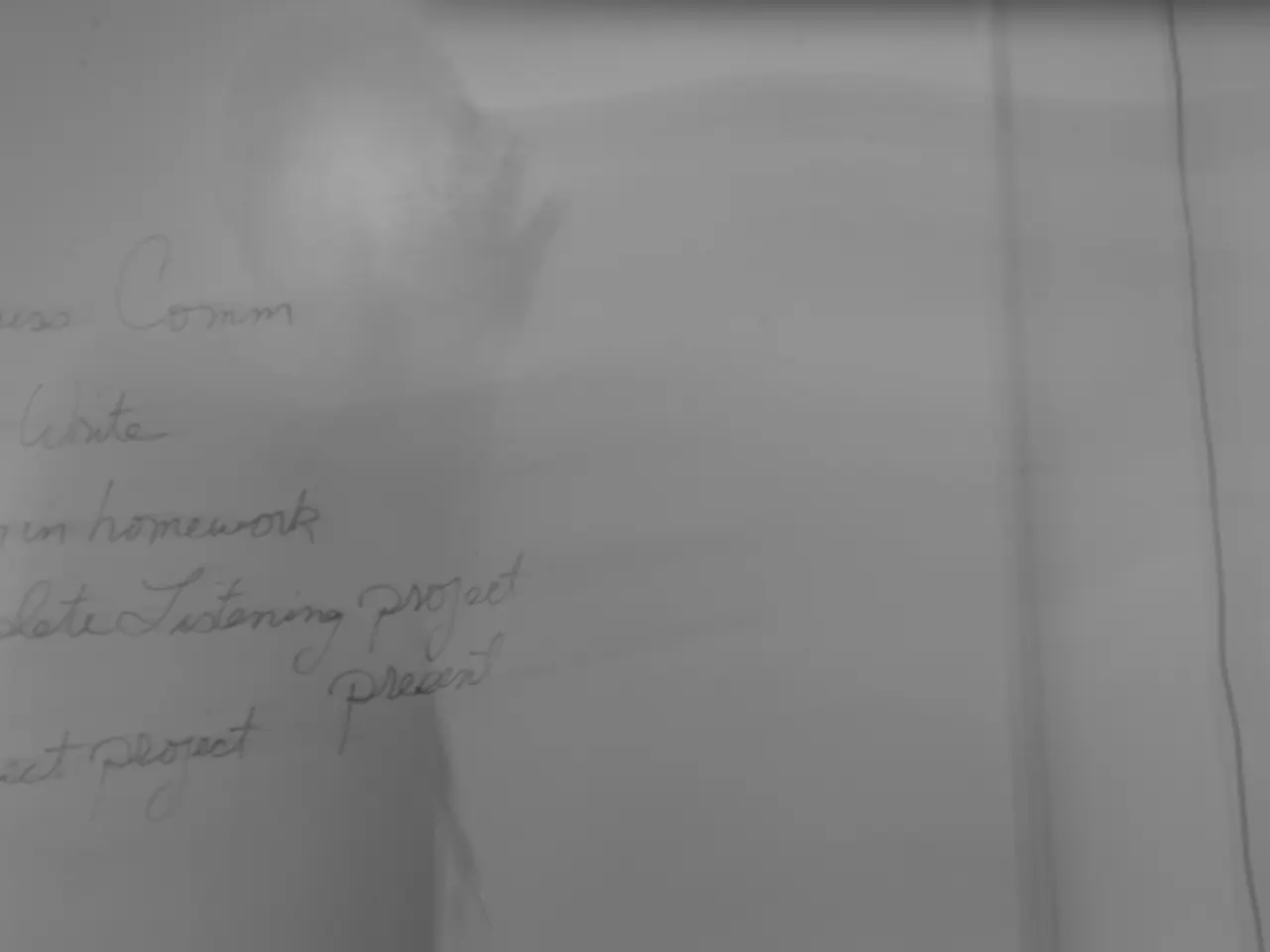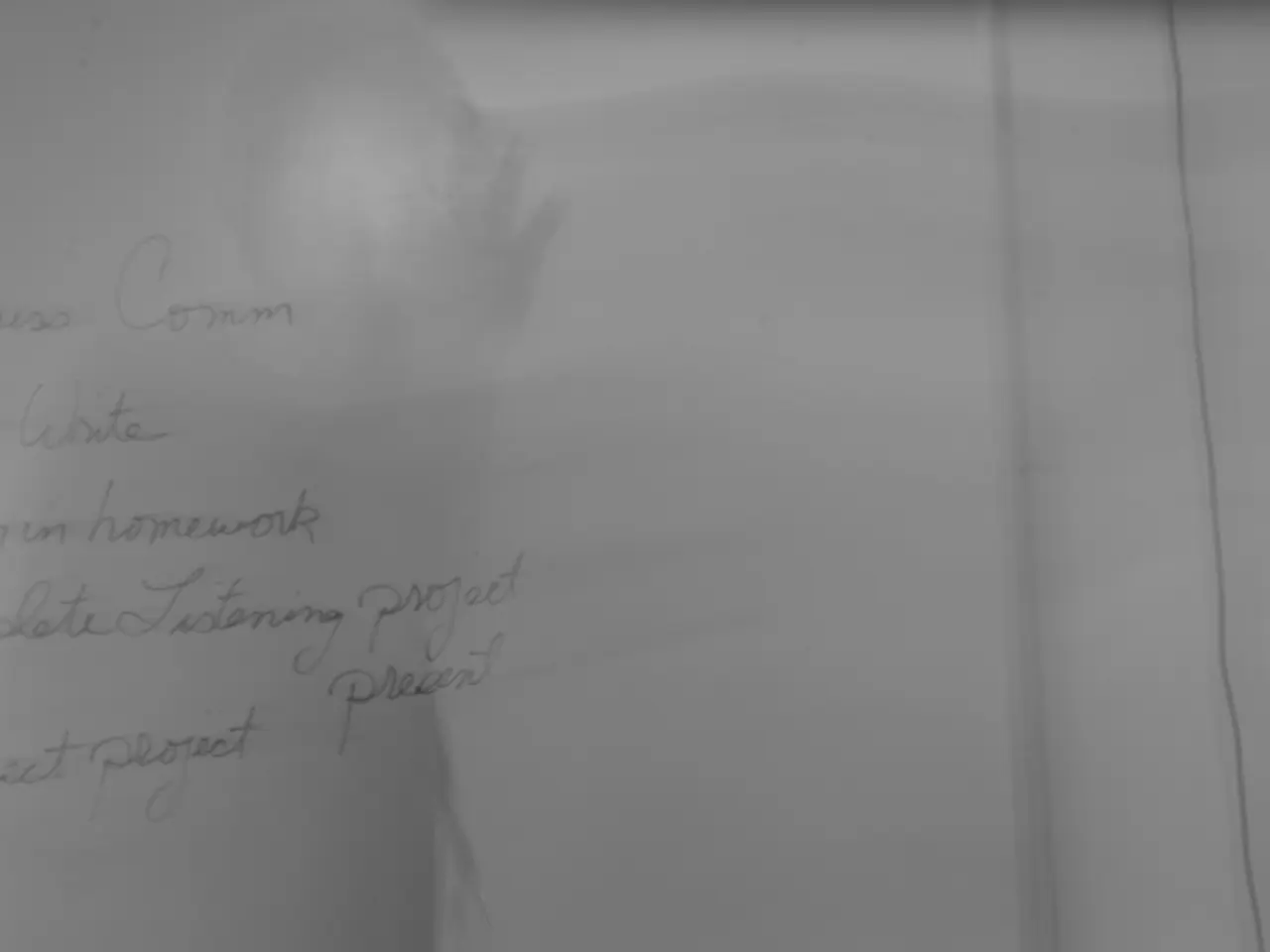Exploring the Moral Dilemmas in Contractual Agreements: A Detailed Examination
In the realm of contract law, ethical dilemmas often arise when the interests, fairness, or moral obligations between parties are in tension. These dilemmas can manifest in various forms, such as unconscionable contracts, ambiguities in contract terms, promissory morality vs. legal formalism, and the impact of technology.
Unconscionable contracts, which exploit vulnerable parties, pose significant ethical concerns. For instance, installment buyers with limited bargaining power may find themselves in contracts that reflect broader social injustices, such as racial or economic subordination. Although these contracts may be legally enforceable, their ethical problematic nature lies in the unfair terms imposed on the disadvantaged party.
Ambiguities in contract terms, particularly those that survive termination, such as confidentiality or warranties, can also lead to ethical concerns. Parties may exploit unclear language to evade obligations, raising questions about enforceability and fair dealing.
Contract law often struggles to balance strict legal rules with the moral expectations that underpin promises. Ethical dilemmas emerge when parties rely solely on legal technicalities to avoid promises that, morally, they should honor.
The rise of digital contracting introduces additional ethical challenges, including transparency, informed consent, and privacy. Parties may not fully understand terms embedded in automated or smart contracts, potentially leading to unfair agreements.
Addressing these ethical dilemmas requires a multi-pronged approach. Legal doctrines like unconscionability can be used to refuse the enforcement of contracts or clauses that are procedurally or substantively unconscionable. Clear contract drafting and interpretation can promote fairness by ensuring contracts are unambiguous and expressly state which provisions survive termination.
Recognizing promissory morality encourages parties and courts to uphold the spirit of promises beyond strict legal formality, fostering trust and ethical conduct in agreements. Ethical regulation of technology use can mitigate ethical risks posed by automation and complex digital terms.
Engaging with these ethical issues will guide stakeholders toward more equitable and just contractual practices. Legal practitioners have ethical obligations grounded in the principles of honesty, integrity, and professionalism. They must identify and disclose any potential conflicts that could compromise their ability to represent clients effectively.
Ongoing communication with clients about potential conflicts can help mitigate ethical issues. Effective ethical training for legal practitioners will be crucial in navigating complex landscapes. Courts play a crucial role in protecting vulnerable parties against unethical contract enforcement practices.
As technology evolves, ongoing ethical scrutiny is imperative. The growing emphasis on sustainability will shape ethical considerations in contract law, while the rise of smart contracts, powered by blockchain technology, poses unique ethical challenges.
Enhanced awareness of social responsibility and equity could redefine conflict resolution methods. Ethical management of conflicts is vital to uphold the integrity of both the practitioner and the legal profession. Good faith promotes fairness, reduces disputes, and enhances the overall efficacy of legal agreements.
In conclusion, navigating ethical dilemmas in contract law requires a balance between legal enforceability and fairness. This balance can be achieved through a combination of legal doctrines, clear contract drafting, judicial interpretation that respects moral obligations, and adapting ethical norms to technological contexts.
Acknowledging the multifaceted nature of contract law in today's digital-driven world, education and self-development play crucial roles in addressing ethical dilemmas that occur during e-contracting. For instance, understanding contract law in the context of education-and-self-development helps legal practitioners identify and mitigate ethical risks posed by ambiguous terms, transparency issues, and lack of informed consent in digital contracts. Furthermore, ongoing ethical training can equip professionals with the necessary skills to navigate complex landscapes, fostering trust, fairness, and integrity in the execution of e-contracts.




